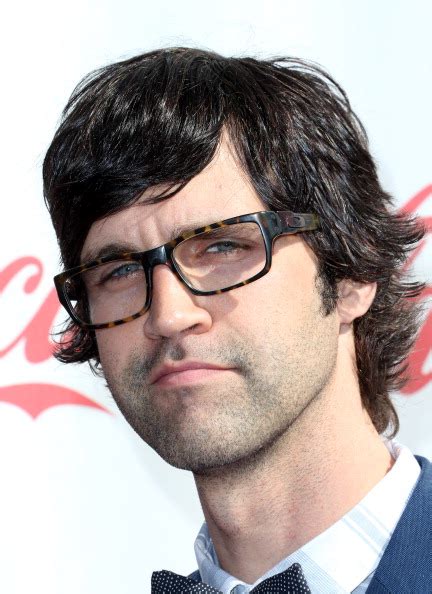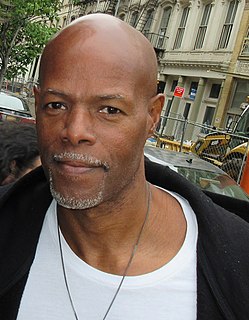A Quote by Doug Liman
For me, the scale of the budget is part of the creative process. 'Swingers' is the movie it is because we made it for exactly the right budget. Had it been made for a higher number, it would not have been as imaginative as we had to make it, given the budget constraints we had.
Related Quotes
When you raise the budget, you make creative compromises. The higher the budget goes, the more cuts in your movie happen. When people talk about how movies are watered down, that's a direct reflection of money and budget. The less money you spend; the more risks you can take. That doesn't mean it will be successful, but at least you can try different stuff. The higher your budget is, the less you can do that.
A budget is not an issue. I mean a budget is used if you need more weeks or more time or more elements, but the creative process is exactly the same. In some instances you become more of a boss when you are doing a small movie. So that is not so relevant. The only thing is that the bigger a movie is in terms of budget, is that there are more people giving opinions.
Only one time in my career I had that feeling [that this is not gonna get made], it was for this movie [Life of Pi]. It was right before we started the physical pre-production. I pre-visualized the whole ocean part before we made the movie, I was that prepared. At one point they seemed to want to drop it because it was really risky. The budget we proposed was a lot higher than they expected, they wanted to [drop it]. After all, it's a philosophical book and a literature property, it's not Batman.
I don't want to revisit history or try to re-interpret it, you know, but starting from where we are now, given the experience that we've had in the last, you know, since 2001, which has been an utter disaster, I don't think it's benefited us. Half of our discretionary budget, right, it's like 54% of our discretionary budget right now is being spent on the military. This is not working.
This is the first time a newly inaugurated president has had any impact on a current budget." What that means is that normally when a president's inaugurated in January, the budget for the first calendar year of his term or the first nine months is already done. So from January 21st all the way 'til October when the new budget's done, the president has to deal with the previous Congress' budget and has nothing to say about it. What they're saying is that Donald Trump has had a record-breaking, never-before-seen thing by having an impact on the budget in his first year.
I'm pleased that I've balanced budgets. I was on the world of business for 25 years. If you didn't balance your budget, you went out of business. I went into the Olympics that was out of balance, and we got it on balance, and made a success there. I had the chance to be governor of a state. Four years in a row, Democrats and Republicans came together to balance the budget. We cut taxes 19 times and balanced our budget.




































